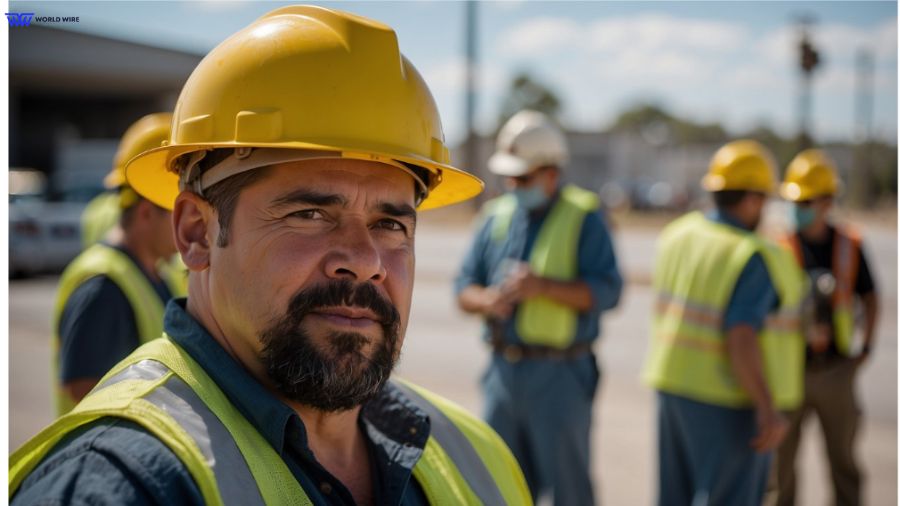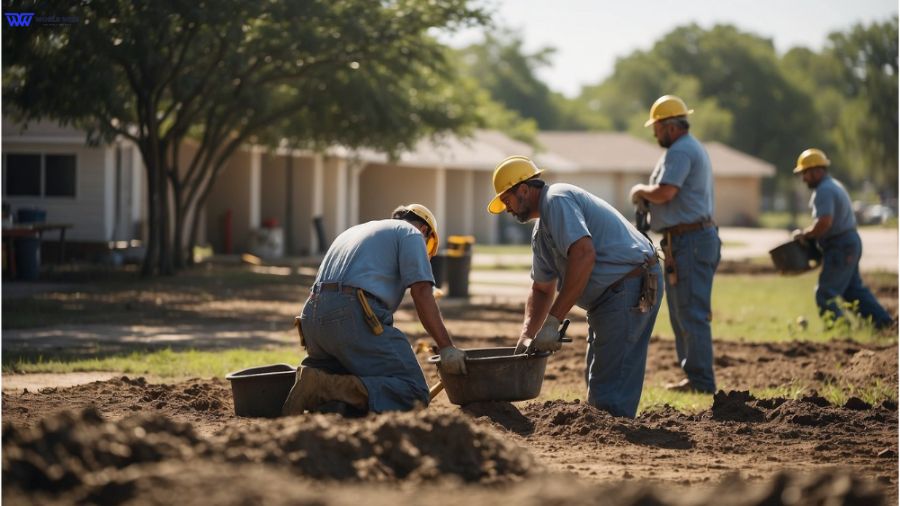In a controversial move, Florida Governor Ron DeSantis has signed legislation that prohibits local governments from imposing their own heat safety standards for outdoor workers.
This new law, effective from July 1, aligns Florida with Texas, which enacted a similar prohibition last year.
The legislation, known as House Bill 433, restricts city and county governments from establishing any workplace heat exposure safeguards beyond those mandated by state or federal laws.
The passing of this bill follows another rejection of the proposal in Miami-Dade in November.
According to the proposal, they would then be required to provide shade, water, and 10-minute breaks every 2 hours in a day on a certain heat threshold.
However, this proposal was rejected by the county commissioners due to concerns that it would hamstring business.
The heat records of various parts of Florida last year were the highest of all time. Tampa and Fort Myers are some of the cities and regions that saw record-high heat last August.
In a Friday press conference, DeSantis addressed the bill, saying, “There was a lot of concern out of one county, Miami-Dade.
“And I don’t think it was an issue in any other part of the state,” he said. “I think they were pursuing something that was going to cause a lot of problems down there.”

Republican Representative Tiffany Esposito of Fort Myers, who sponsored the bill, argues that the law is designed to protect businesses from excessive local regulations that could threaten jobs.
“This is very much a people-centric bill.” “If we want to talk about Floridians thriving, they do that by having good job opportunities. And if you want to talk about health and wellness, and you want to talk about how we can make sure that all Floridians are healthy, you do that by making sure that they have a good job. And in order to provide good jobs, we need to not put businesses out of business.” Esposito stated.
The bill has sparked a backlash among labor advocates and environmental groups, which argue that it jeopardizes the well-being of Florida’s nearly two million outdoor workers.
These workers include those in construction and agriculture, sectors particularly vulnerable to the state’s often oppressive heat.
Critics, including Luigi Guadarrama, political director of the Sierra Club Florida, have condemned the move. “By stripping away local powers to protect workers, this law exposes hard-working Floridians to increased risks and shows a blatant disregard for their safety,” Guadarrama commented.
In response to the law’s signing, Miami-Dade County, which had been negotiating local heat safety measures, will now have to abandon those initiatives. The county had proposed mandatory shade breaks every two hours for outdoor workers to mitigate heat-related risks.
House Bill 433, referred to as the Employment Regulations Bill, says it seeks to “prohibit political subdivisions (city and county governments) from maintaining a minimum wage other than a state or federal minimum wage; prohibit political subdivisions from controlling, affecting, or awarding preferences based on the wages or employment benefits of entities doing business with the political subdivision; revise and provide applicability.”
As Florida joins Texas in limiting local autonomy over worker safety regulations, the debate over the best way to protect workers from the dangers of heat exposure continues to intensify, reflecting broader national conflicts over state versus local control.







Add Comment